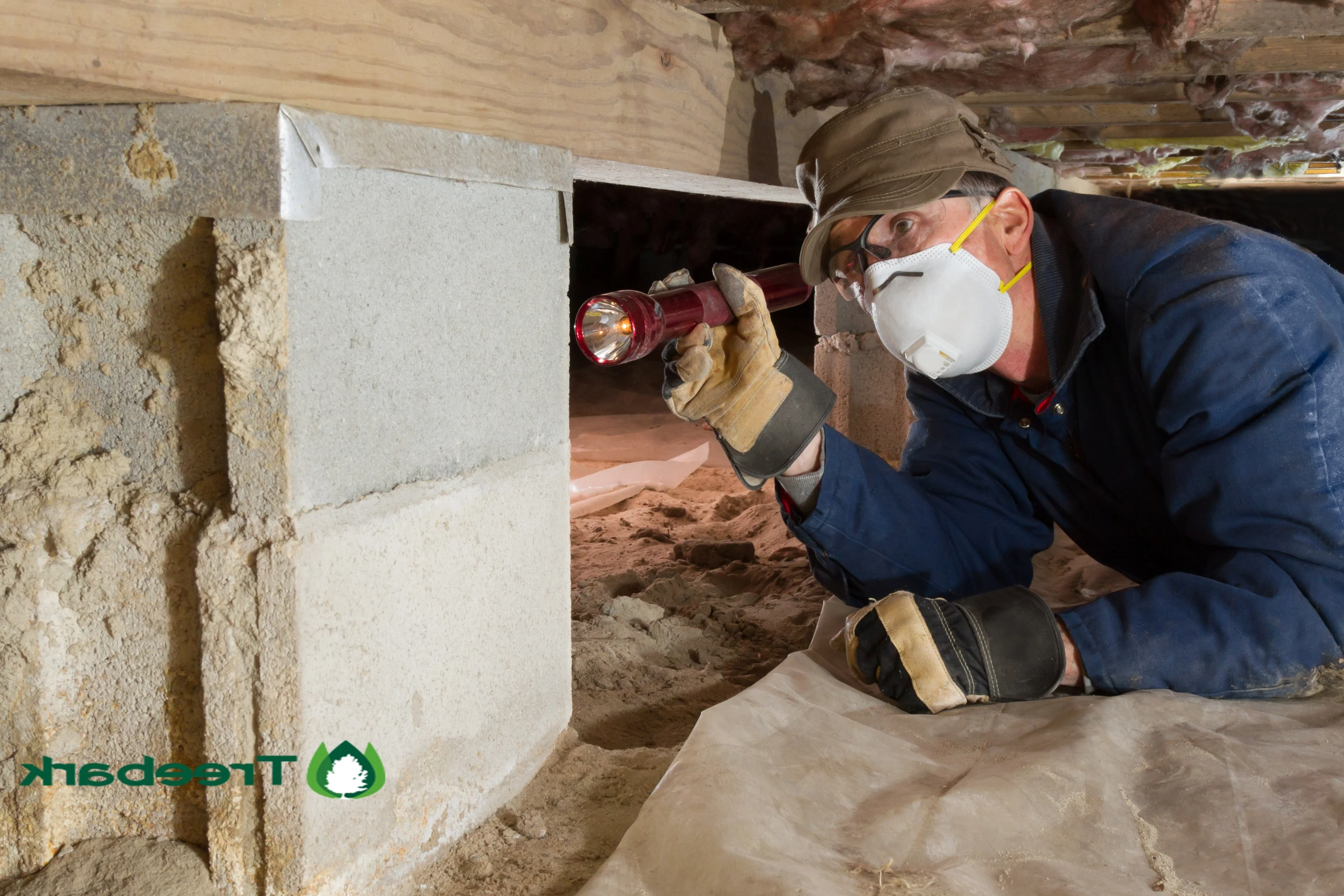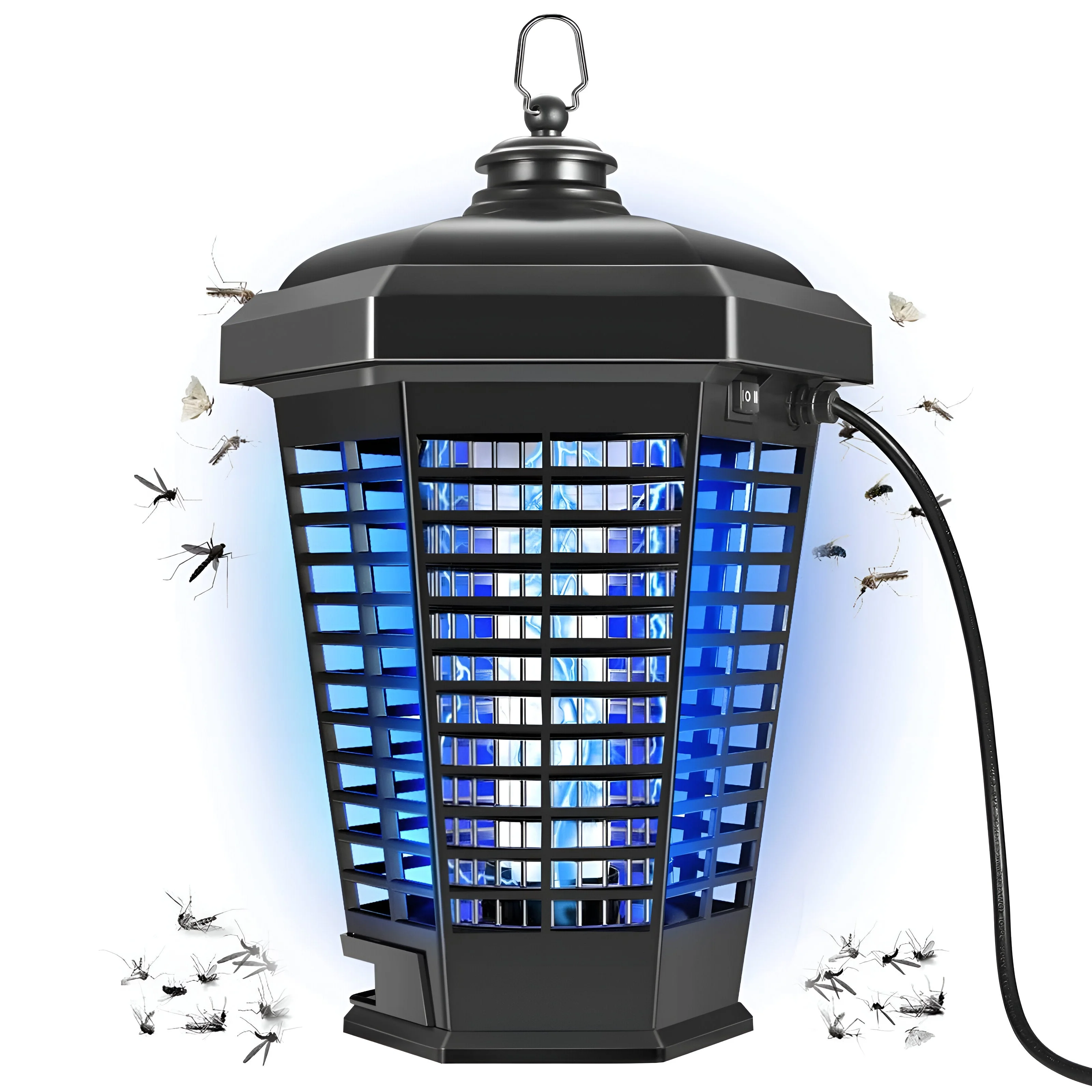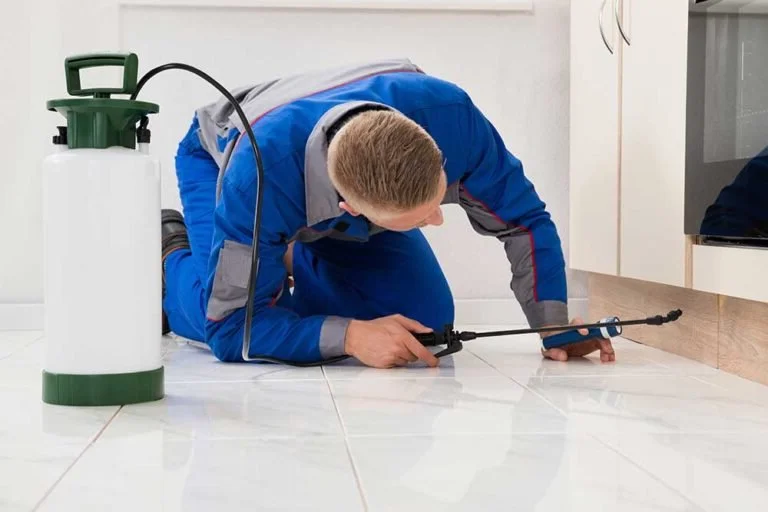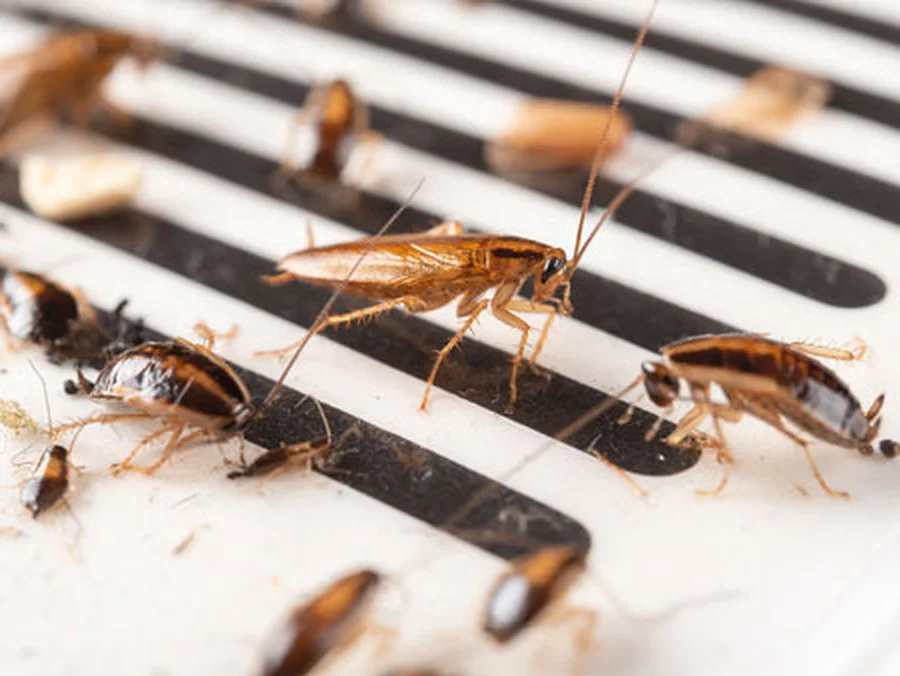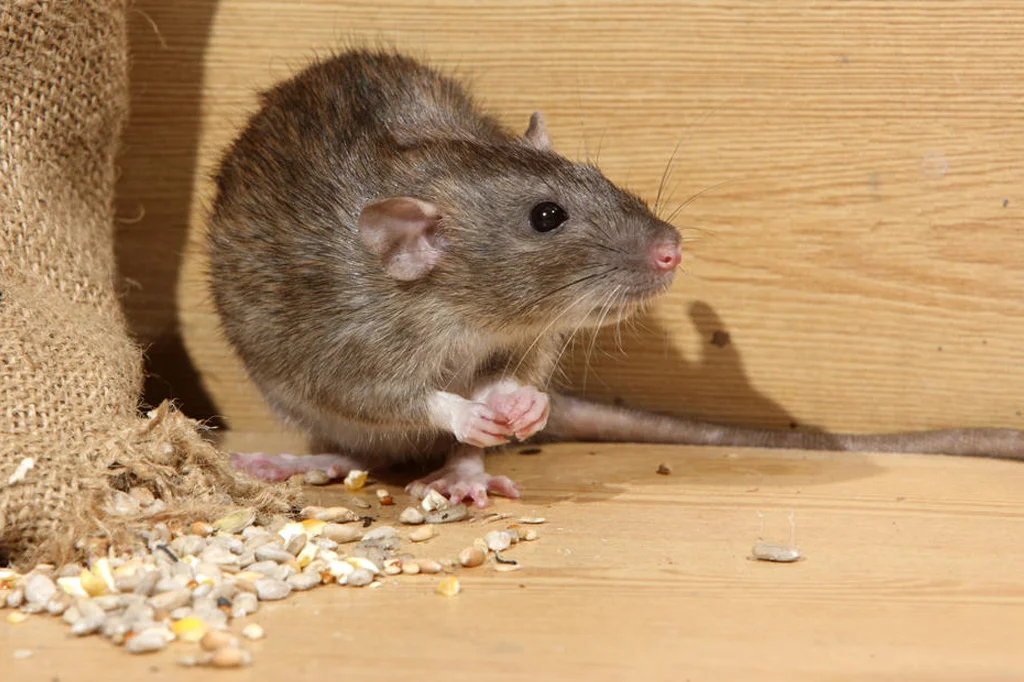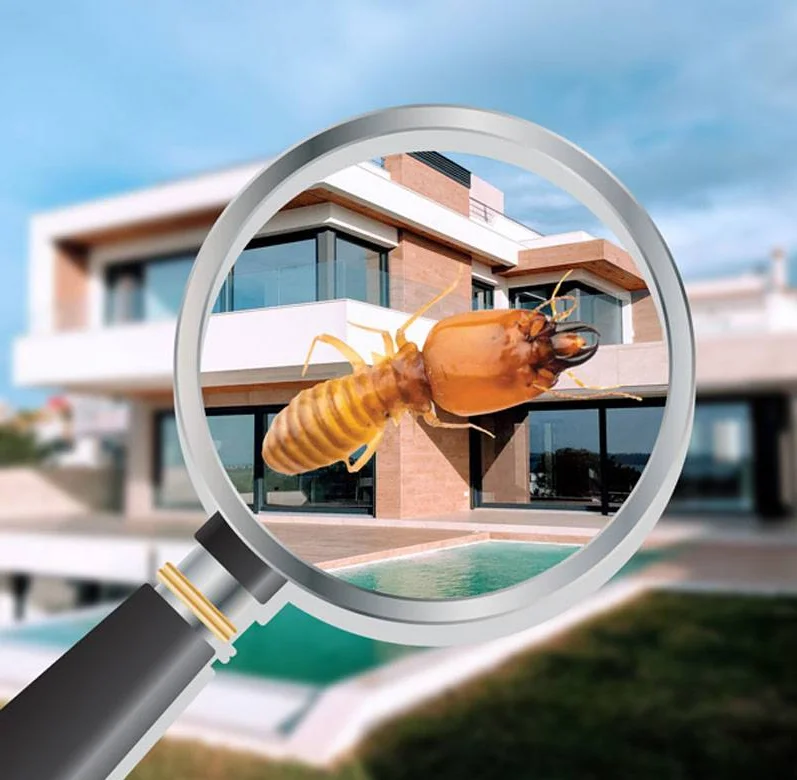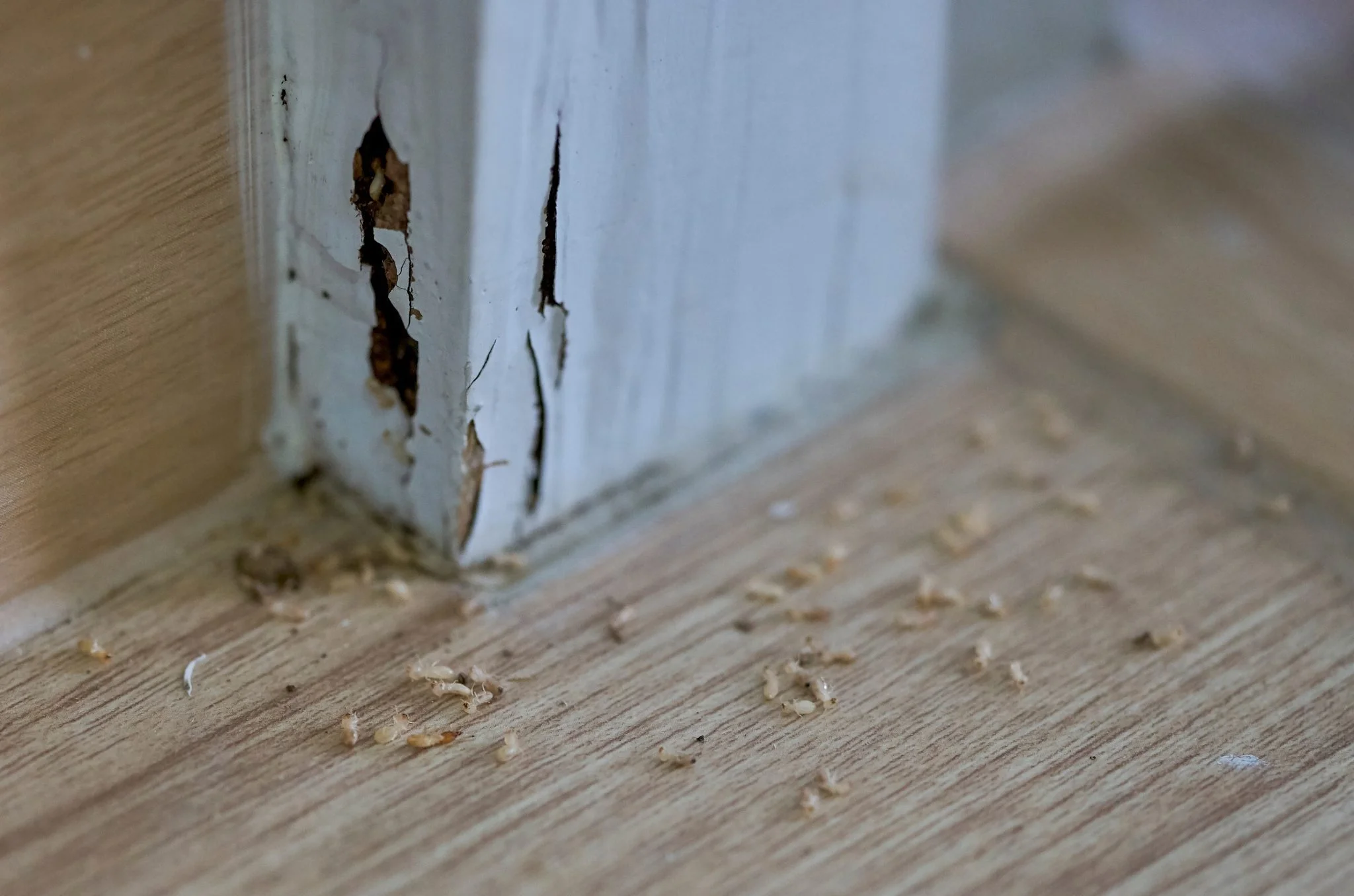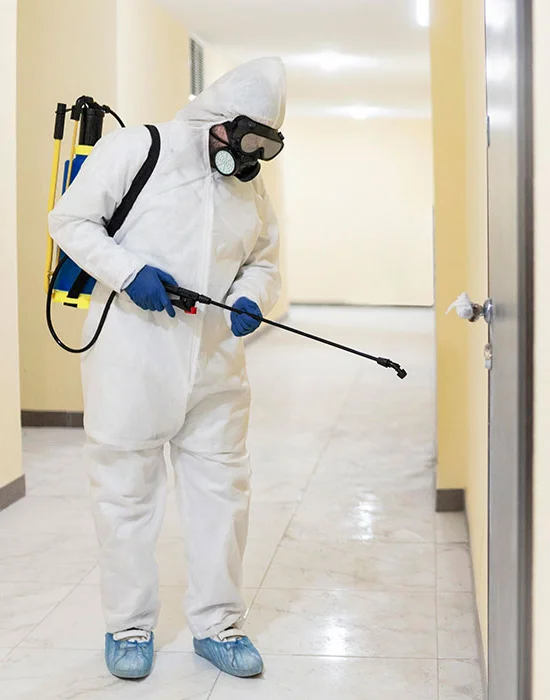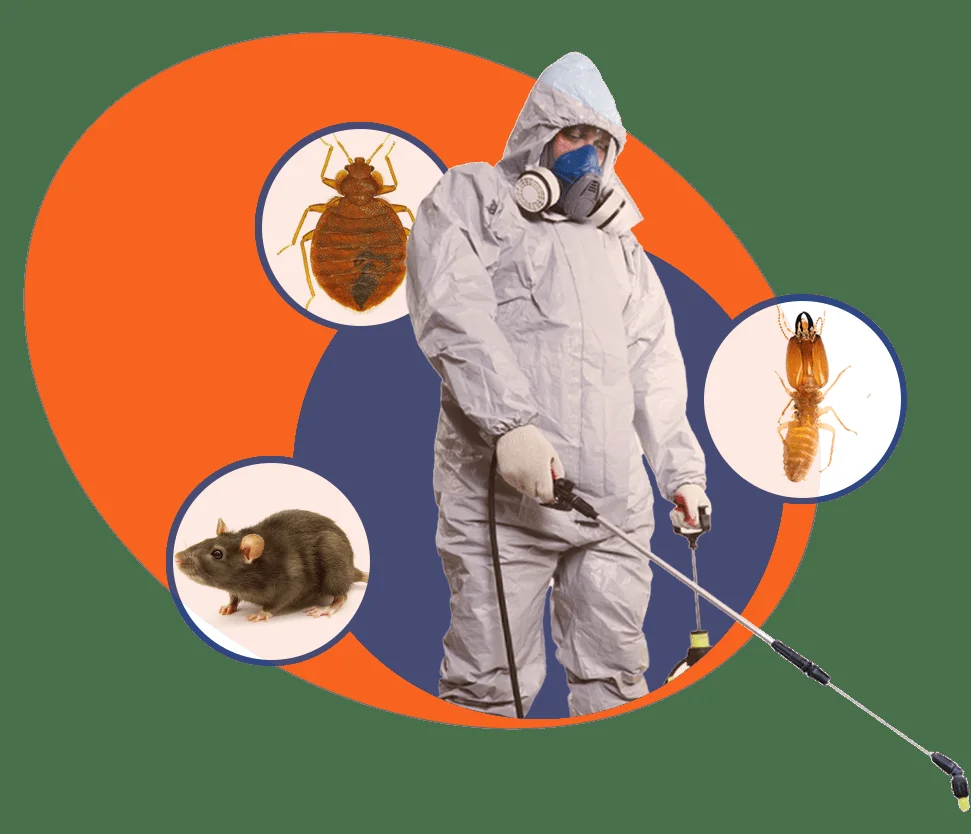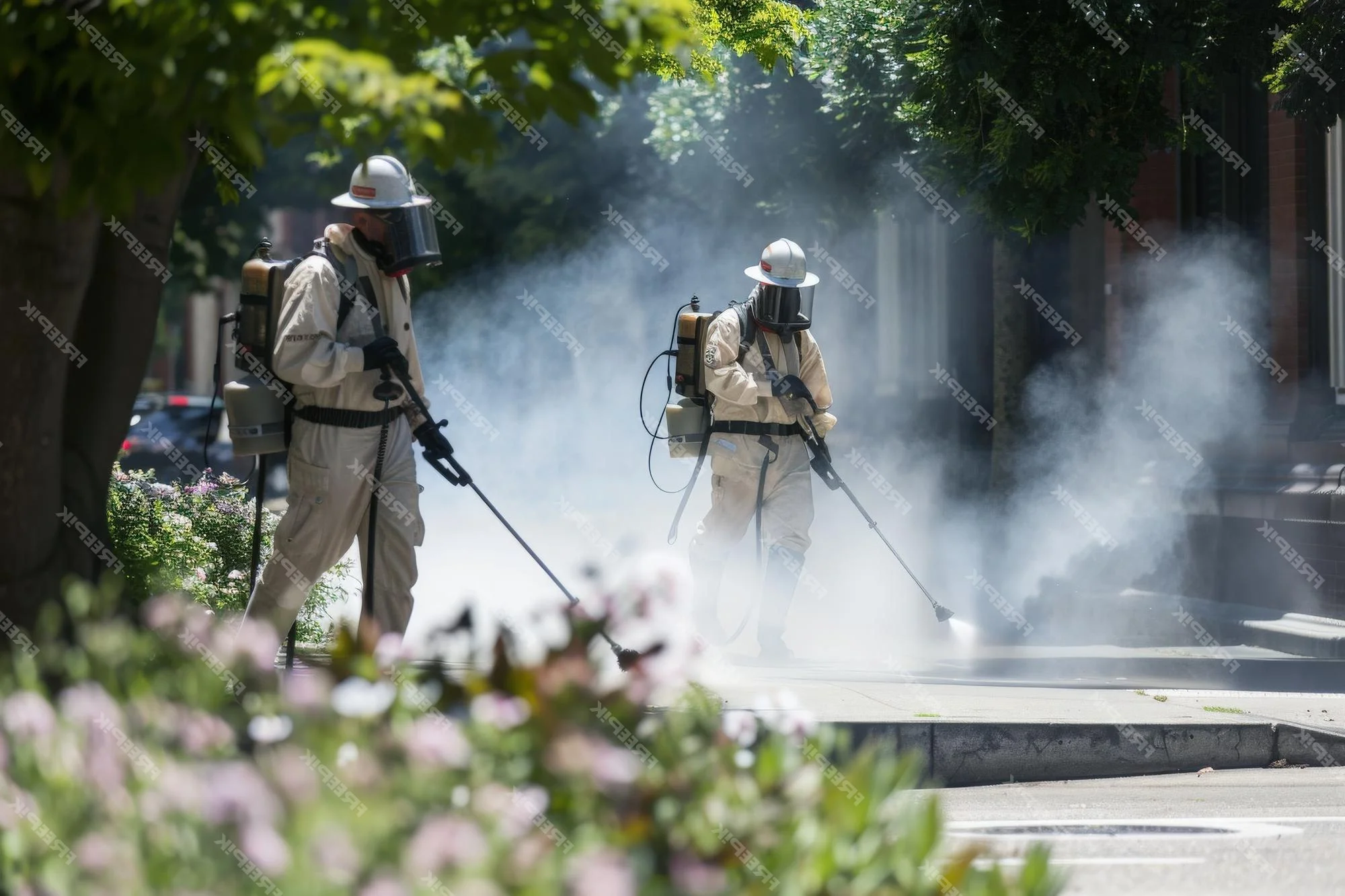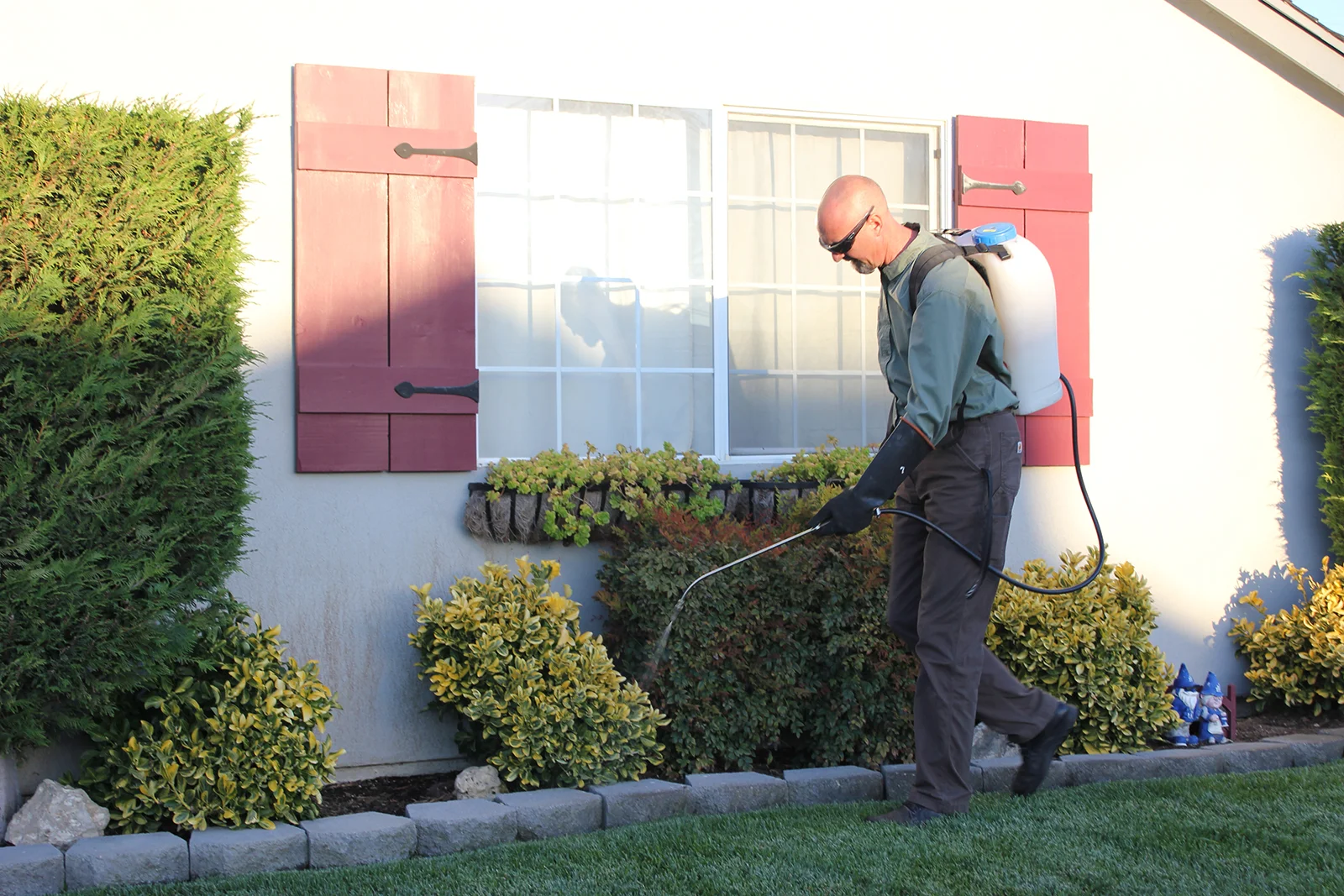Mississippi faces substantial termite pressure throughout the state, with subterranean, Formosan, and drywood species threatening structures in different regions. The state's warm climate, abundant moisture, and minimal winter dormancy create near-ideal conditions for termite activity, allowing colonies to remain active year-round in many areas. These wood-destroying insects cause millions in property damage annually across Mississippi, with particularly intense pressure along the southern coastal regions where invasive Formosan termites have established significant populations.
Professional termite inspection and treatment combines thorough structural evaluation, soil barrier treatments, targeted colony elimination systems, and ongoing monitoring to prevent infestation. Mississippi's historic properties face particular challenges from termite activity, requiring specialized protection approaches respecting both preservation requirements and effective management. Early detection through regular professional inspections provides critical protection against these persistent wood-destroying pests before significant structural damage occurs.

